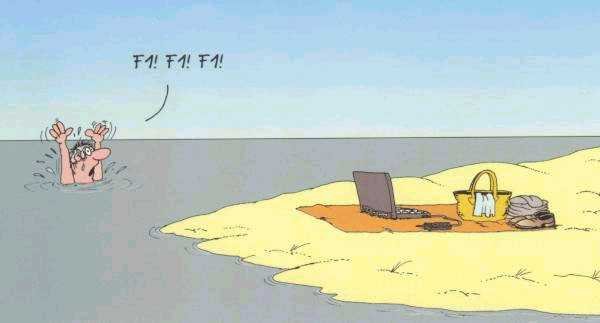Scams in Science
My adviser forwarded me an interesting email the other day. It seems someone was interested in my dissertation research. All NSF grants are posted online with their abstracts as part of the US Freedom of Information Act. Since grantees receive taxpayer funding, we are required by law to post information about our research. No biggie. (my award) At any rate, someone at a European publishing company found my grant application and contacted my adviser. They contacted him because he is listed as the lead principal investigator – that’s how it works for doctoral dissertation improvement grants.
Here are some of the sections from that email (real names have been removed and all that):
We are producing a special report at the end of February with a focus Social, behavioural and economic science from a small number of National Science Foundation funded projects; promoting these projects to a European audience, we would like you to work with us to create a professional dissemination article.
Ultimately we are aiming to work with a small number of NSF projects to enable:
- Commercialisation/exploitation exposure to a highly targeted audience in Europe
- Wide spread dissemination of the results of the NSF project to European peers
- Establishment of research partnerships and knowledge exchange
- Contact building for participation in FP7 (European Commission’s €50 Billion Euro R&D funding program launched last year)
Once we allocate your position within the report I will assign to you a dedicated Editorial Manager and Editorial team from ZZZ Publishers. But a general guideline of material to be developed would be based around the following;
- Case Study
- Project Profile
- White Paper
- Interview with leading Project member
- Pre-Defined article which you may have produced previously
Sounds pretty good, right? The email goes on with some testimonials, lists distribution across Europe (numbers), and describes a work plan to get out the slick, color publications that will wind up collecting dust on some politician’s coffee table or be used to fill in space in an overfull landfill. Here’s the fine print at the very end of the email:
The cost for each of the projects involved in this report is fixed at only $ 3,800 USD
Someone forgot to tell this publishing company, that anthropologists and definitely PhD candidates in anthropology, have zero funding to publish their own work and that unless it is some sort of report for the government or funding agency peer-review is expected (well, unless it is National Geographic or something, but I think they must have some sort of review system). This is why we publish in academic journals (large readership) and write book proposals that go through an approval process based in part on previous work validity. I mean, my research could be absolute shit (I believe it isn’t) and this chap is offering to publish it without peer review. Huh? If I wanted that, I’d set up a website or a blog and…
Finally, the last thing that sort of niggles at the back of my brain is why? Why was my project picked? I took a thorough look at the publisher and their in-house magazine. They publish a lot of engineering and profit-producing scientific research. The magazine target audience is not only politicians but corporations. Hmmm…. wild plant harvest, conservation, Africa… I know that the business of companies is to make money and that the communities where I work are extremely poor, but I would really hate to see poor folk be made poorer. And I don’t think I’m paranoid as there have been cases where companies went in, bought up rights to wild plant materials, and then the community could no longer access the plants they have depended on for centuries. It is called biopiracy, and I have no desire to be involved with it.
For my own research I needed to know what species are useful in order to determine if community habitats are more biodiverse than similar reserve habitats because people are manipulating the landscape in order to have useful plants nearby. I was interested in whether a species was useful for construction, food, firewood, medicine, etc., but not how to prepare them for consumption. My recording of any extra information people volunteered was solely for the community. That was the research agreement that I made with the chief and induna (council of tribal elders). If the community wants to take the information I have recorded for them and do something more with it, that is their business. But seriously, none of the species people told me about were new to the literature. Botanists in southern Africa, particularly SANBI, have done a very good job of collecting data on plants used in magic, medicine, food, fuel, construction, alcohol, etc.
Am I being cynical? Is there some sort of results publishing that I don't know about? I hope that the intent was more innocent. I emailed the guy back to let him know I had no money, and he backed off quickly. Then I emailed my adviser. He replied that it looked like a 419 scam to him, but he left the decision up to me what to do with the guy. I guess I’m still the padawan.
If you're interested in the name of the company and magazine, I'm more than happy to send it along if you drop me a line.













































